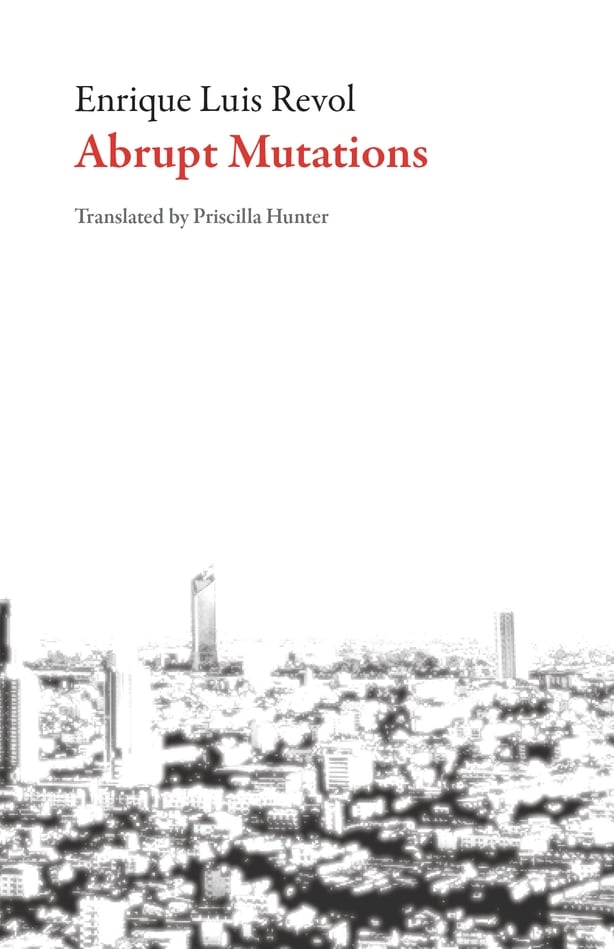Enrique Luis Revol (1923-1988) was a much-respected Argentinian author, translator and university professor whose work has been relatively unknown to date in the Anglophone world. Indeed, Abrupt Mutations appears to be the first of his novels to be translated from the author’s native Spanish into English, in this instance by Priscilla Hunter.
Like fly paper on a hot day, the capacious yarn laps up strands of melodramatic back story and shock value. The peripatetic Kiko and his ex-wife Celia betake themselves in and out of various locations and half-crazed scenarios in the city of Megalopolis. The bohemian denizens of Megalopolis fall in love or fall between the sheets, but given the original publication date was 1971, things are kept relatively suggestive and it is by no means a romp.
In this regard it is comparable to Lawrence Durrell’s, Alexandria Quartet, which also bound together a host of idiosyncratic characters as they indulge themselves in the eponymous Egyptian city. The characters fall in love or fall between the sheets - given the original publication date was 1971 and we are talking South America, it is by no means a romp. In this regard, the movel is comparable to Lawrence Durrell’s Alexandria Quartet which also bound together a host of idiosyncratic characters they indulged themselves in the eponymous Egyptian city.

Abrupt Mutations is baggy and its materiel is the very opposite of pared prose. It’s much as you might expect from a novelist who was also a revered poet in his native land, running on a kind of insouciant knowingness . The example of James Joyce’s Ulysses is evident and the novel is cited once or twice in this unashamedly literary, meta-fictional experiment.
The action culminates at a great party hosted by a wealthy Brazilian aesthete and billionaire, one O Jango. The pivotal event is a so-called potlatch, a ceremonial burning of possessions and valued artefacts, with primal undertones of sacrifice and purification.
Charred bones are discovered the morning after, and the tale suddenly becomes a detective yarn. In an extended passage, the invitees to O Jango’s party– most of them laughably unfeasible creatures - are named along with their ages, livelihood, lofty connections, sexual proclivities etc in potted biographies as the investigation gets under way. One of the suspects is a female photographer who is never questioned because she becomes a casualty in the Vietnam War, the only international contemporary event referenced in the story.
Changing tack again, towards the conclusion, Abrupt Mutations turns into something Borges or Edgar Allan Poe might have dreamed up between them. If some genre-crossing can be permitted, Abrupt Mutations also appears to borrow a little of the spirit of Fellini’s La Dolce Vita, that classic 1960 film which portrayed a bohemian and moneyed Rome set.
Ultimately, the 305–page novel takes chances with the reader’s loyalty and one can only surmise how the Hispanic book-buying public responded 47 years ago when the novel first saw the light of day. With some puzzlement, no doubt. Strange but compelling in its own way.







